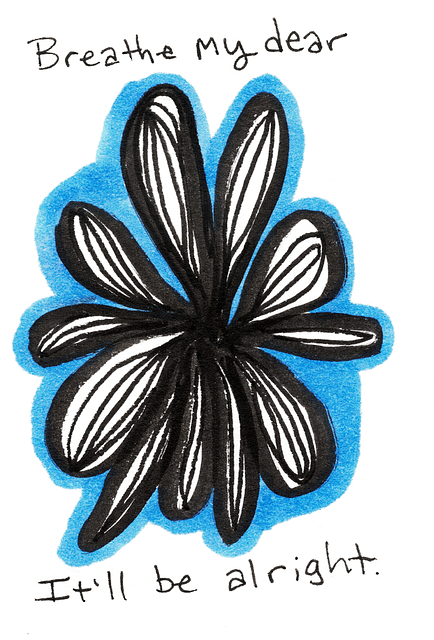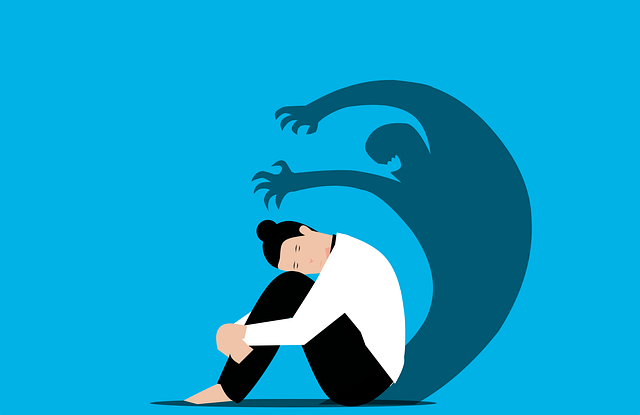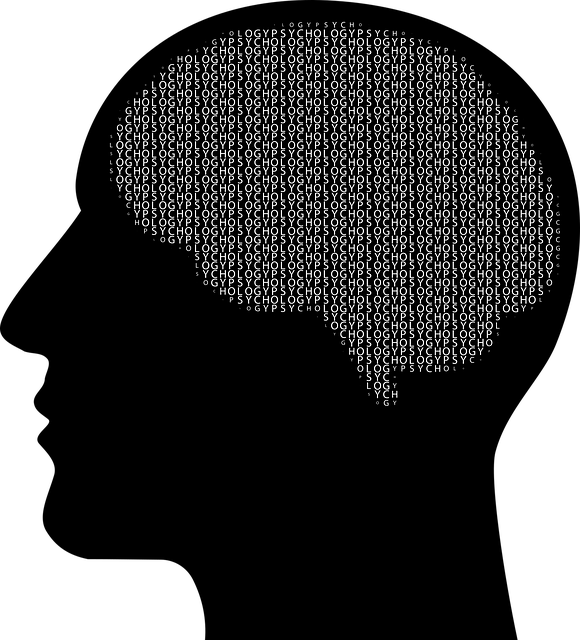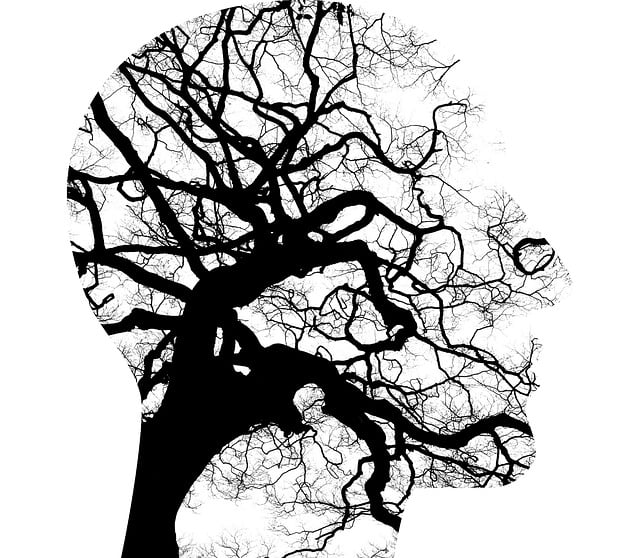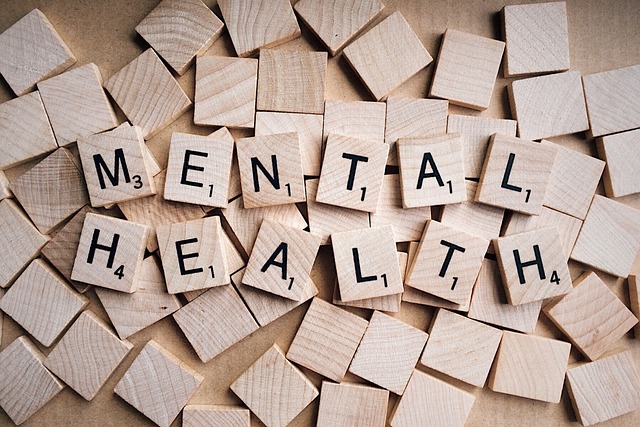The stigma around mental health greatly hinders elders' access to necessary care, leading to delayed treatment and exacerbated symptoms. To combat this, a multi-faceted approach is required, including education, support groups, cognitive-behavioral therapy (CBT), and simple practices like Mental Wellness Journaling Exercises. CBT specifically addresses psychosis symptoms and promotes emotional regulation, while group therapy provides a supportive community. Integrating mood management techniques enhances resilience, empowering elders to proactively manage their mental health challenges. For targeted support, therapy for elders' psychosis is crucial in breaking down stigma barriers within healthcare systems.
Mental illness stigma, particularly among elders, poses significant barriers to accessing quality mental health care. This article delves into understanding the profound impact of stigma on elderly populations, highlighting its effect on treatment-seeking behaviors and overall well-being. We explore comprehensive strategies to reduce this societal burden, emphasizing community education, policy reforms, and, crucially, the role of targeted therapy in addressing psychosis and associated stigma. By adopting a multi-faceted approach, we can foster an environment that promotes mental health awareness and support for our elderly.
- Understanding Stigma and Its Impact on Mental Health Care for Elders
- Strategies to Reduce Stigma: A Comprehensive Approach
- The Role of Therapy in Addressing Psychosis and Stigma in Elderly Populations
Understanding Stigma and Its Impact on Mental Health Care for Elders

Stigma surrounding mental health issues often has a profound impact on elders, hindering their access to essential care. When it comes to addressing the unique challenges faced by this demographic, understanding the depth of stigma is crucial. Many older adults may internalize societal perceptions, leading to feelings of embarrassment or shame, which can prevent them from seeking therapy for psychosis or other mental health concerns. This reluctance to reach out for help often results in delayed treatment and a exacerbation of symptoms, negatively affecting their overall well-being.
The impact extends beyond the individual, creating barriers within healthcare systems. Stigma may manifest as prejudice among medical professionals, influencing the quality of care provided to elders. Effective communication strategies and conflict resolution techniques are vital tools for breaking down these barriers. By promoting open dialogue, educating both patients and caregivers about mental health conditions like psychosis, and offering support tailored to their needs, stigma can be reduced. Additionally, teaching anxiety relief techniques can empower elders to manage stress and seek help without fear of judgment.
Strategies to Reduce Stigma: A Comprehensive Approach

Reducing stigma associated with mental illness requires a comprehensive approach that targets various aspects of society and individual experiences. One effective strategy is to raise awareness through educational programs, workshops, and community events that dispel myths and provide accurate information about mental health conditions, including psychosis in older adults. These initiatives can foster empathy and understanding, leading to more supportive environments.
Additionally, integrating therapeutic interventions like cognitive-behavioral therapy (CBT) tailored for elders experiencing psychosis can significantly improve self-esteem and coping mechanisms. Encouraging open communication through support groups or one-on-one counseling sessions allows individuals to share their experiences, breaking down barriers and promoting a sense of belonging. Further, simple practices such as Mental Wellness Journaling Exercises can empower individuals to track their emotions, thoughts, and progress, thereby enhancing self-awareness and resilience.
The Role of Therapy in Addressing Psychosis and Stigma in Elderly Populations

The role of therapy is pivotal in addressing psychosis and stigma within elderly populations. Through specialized therapeutic interventions tailored for seniors, professionals can effectively manage symptoms, improve overall well-being, and foster a sense of understanding and acceptance. Cognitive Behavioral Therapy (CBT), for instance, has proven successful in helping the elderly navigate cognitive distortions associated with psychosis while promoting emotional regulation skills crucial for coping.
Additionally, group therapy sessions offer a supportive environment where elders can share experiences, reducing feelings of isolation often exacerbated by stigma. These interactions encourage peer support and provide valuable insights into managing conditions like psychosis. By integrating mood management techniques within these therapeutic frameworks, professionals can empower the elderly to proactively prevent burnout, enhancing their resilience in facing mental health challenges unique to their age group.
Stigma surrounding mental illness, particularly psychosis, significantly hinders access to quality care for elderly individuals. By understanding the deep impact of this stigma on their mental health and employing comprehensive strategies, such as education, media representation, and support groups, we can create a more inclusive society. Therapy plays a pivotal role in addressing psychosis and breaking down associated stigmas within elderly populations, ensuring they receive the compassionate care they deserve.

